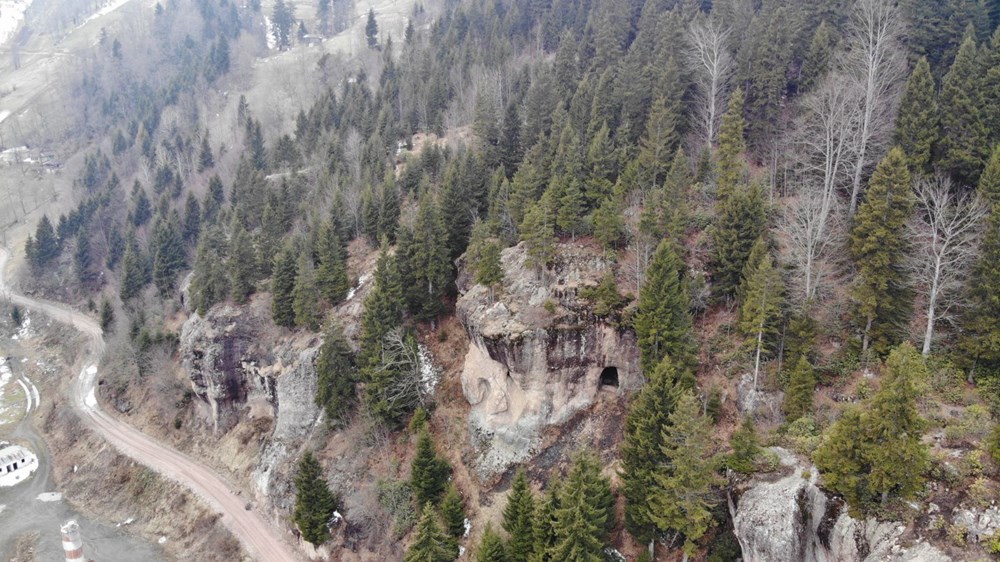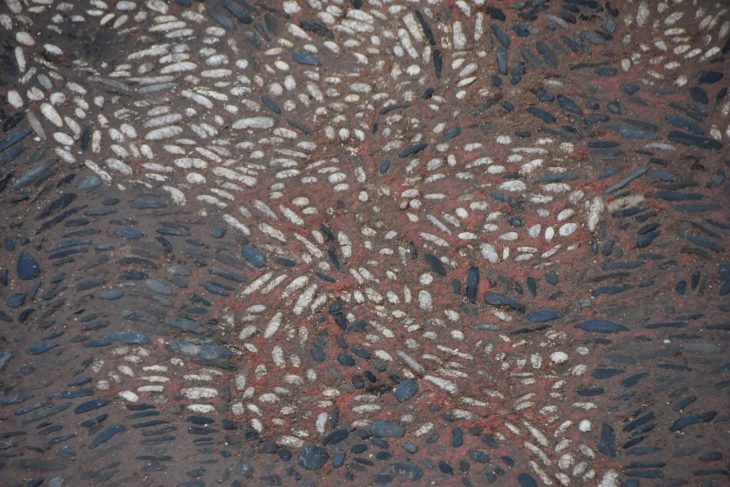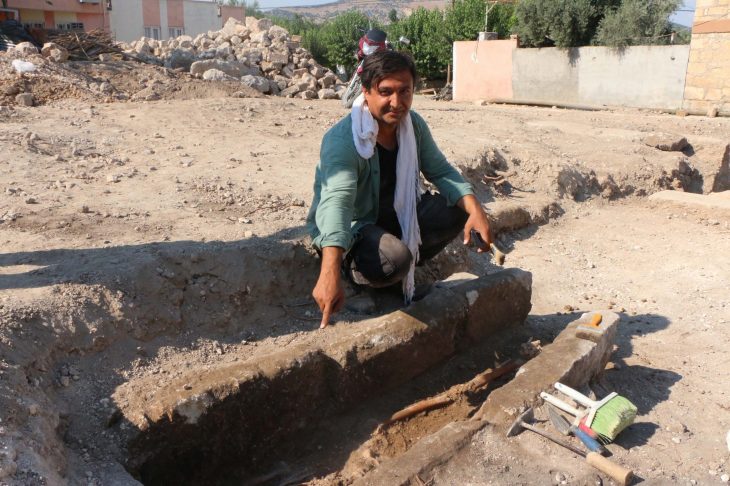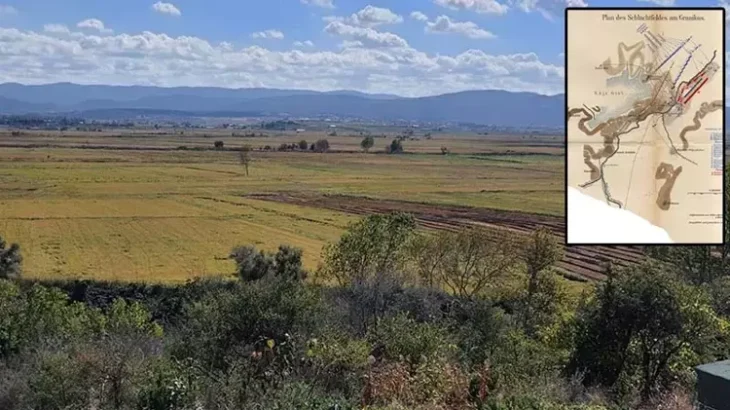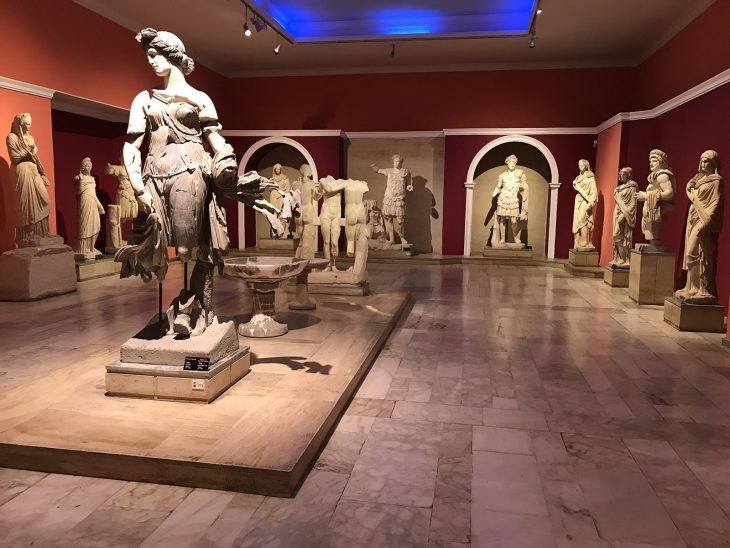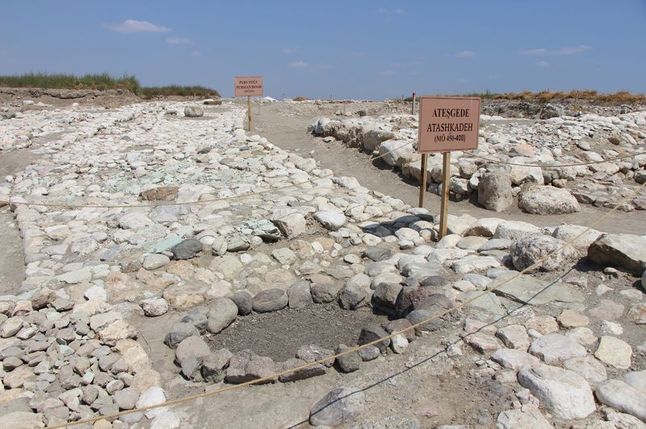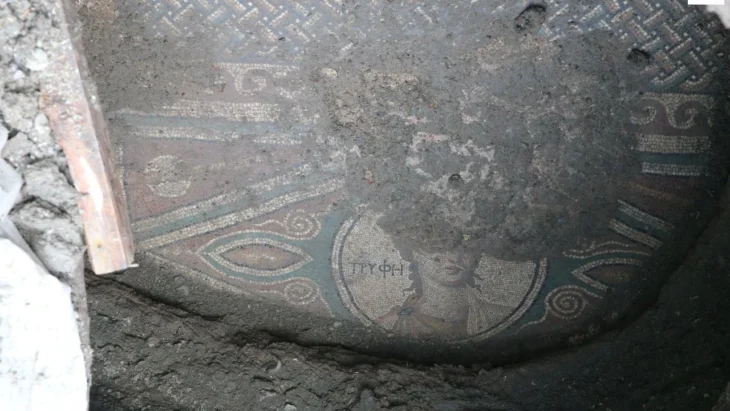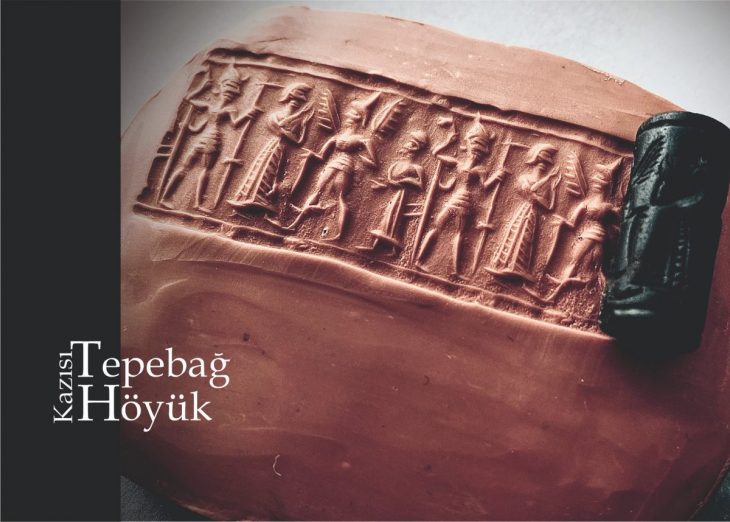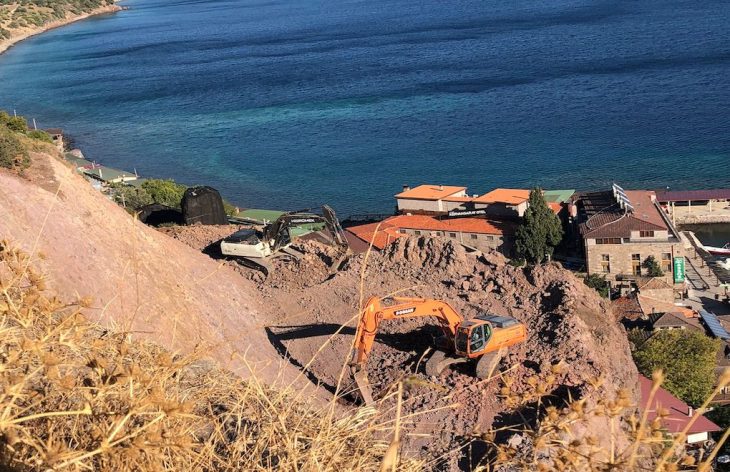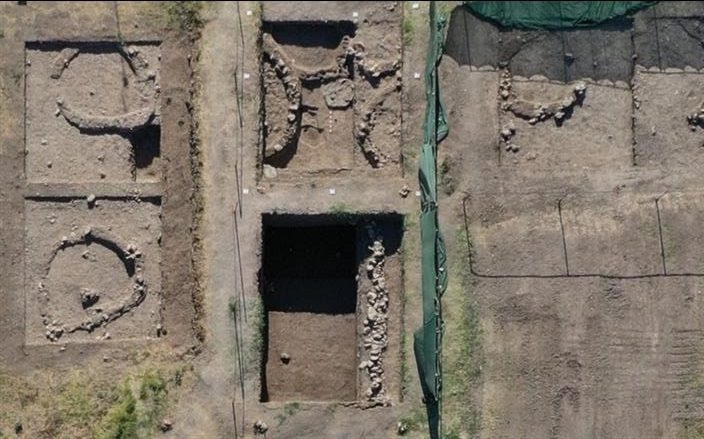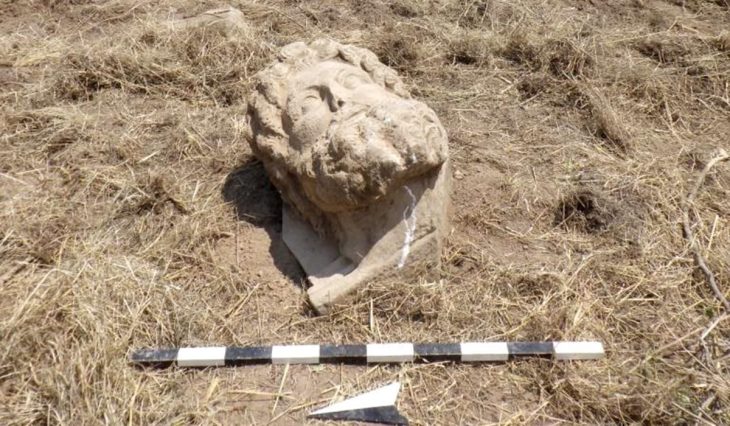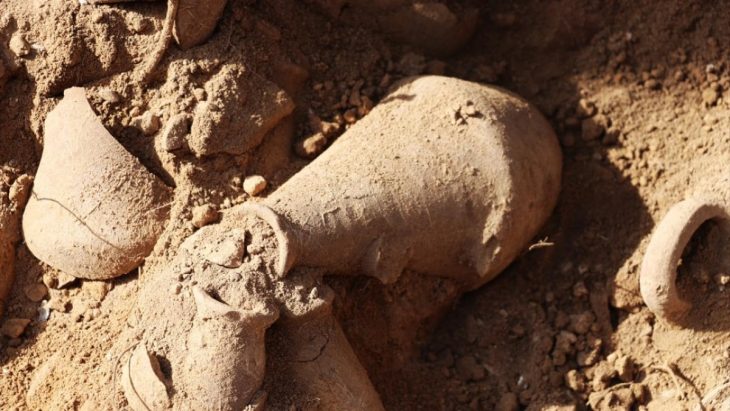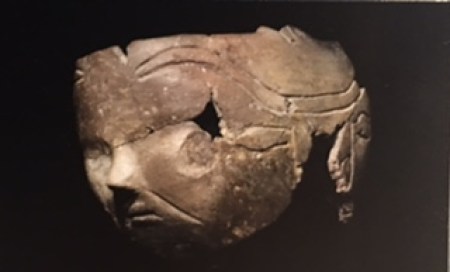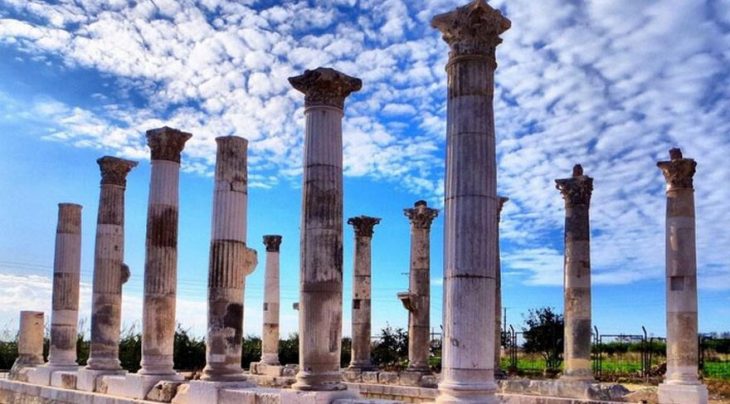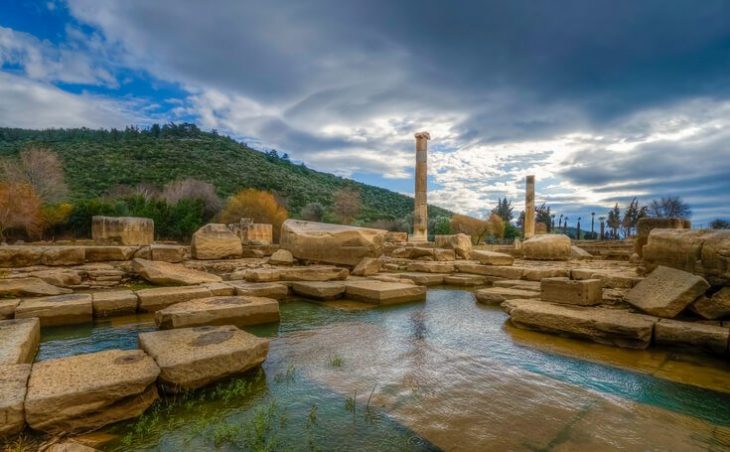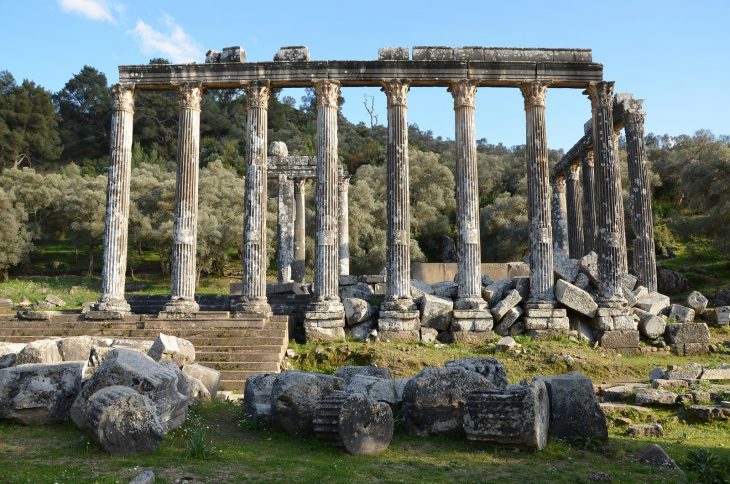Karadeniz Technical University Archeology Department academicians found that life in Trabzon started 13,000 years ago in the Koskarlı Cave. Koskarlı cave is located in Düzköy district of Trabzon.
A new discovery in a cave in the northern province of Trabzon shows that there is a human settlement in the area similar to the time when people lived in Göbeklitepe in the southeast, which is one of the oldest settlements in the world.
Archaeologists shared their findings with the media on Thursday, including stone tools dating back to the 10th century BC. The original tools made of obsidian and flint and steel were found in a cave in Koskarlı, a village near Düzköy in Trabzon. Excavation work has been going on in the area since 2018, and more evidence of early settlements in the area will continue to be unearthed. Archaeologists say that a more important aspect of this discovery is that certain tools originated in other parts of today’s Turkey, which shows that Anatolia was highly mobile in the early days.
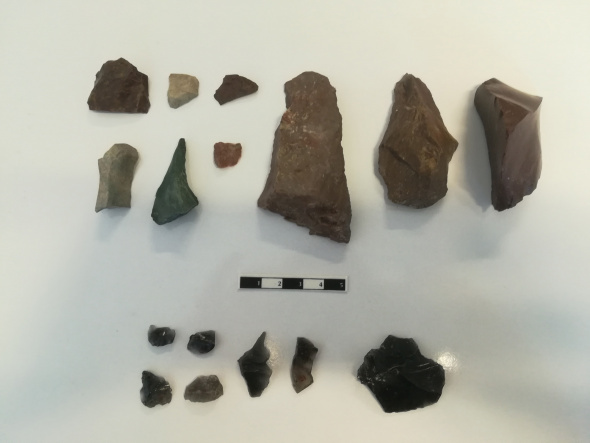
Hülya Çalışkan Akgül and Serkan Demirel, two researchers from the Archaeology Department of Karadeniz Technical University (KTÜ) in Trabzon, led the excavation of the primitive historical era in the area. So far, their work has helped to discover 103 types of stone tools. Archaeologists sent 7 tools to Professor Tristan Carter of McMaster University in Canada. He is an important contributor to the study, and his work focuses on Middle Eastern prehistory and obsidian research. Carter’s analysis shows that five of the tools used for “cutting” come from the Cappadocia region of central Turkey today, and the other two may come from areas covering present-day Georgia (approximately 500 kilometers (310 miles)). Trabzon) and Armenia.
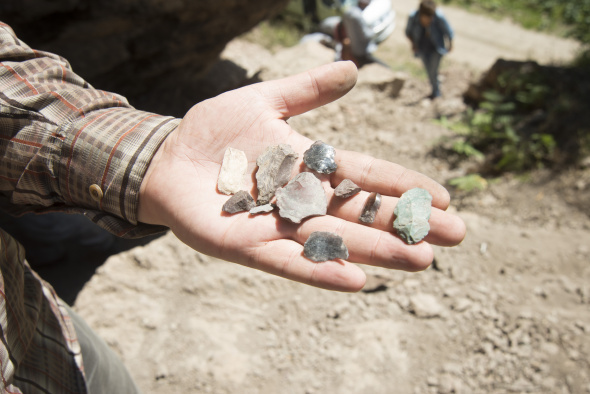
Akgül says it is the first cave of its kind in Trabzon whose finds date back to such an early period. “The implements we found are from an era where people were still hunter-gatherers but improved their skills in that field. The implements were more finely crafted compared to other tools found elsewhere from the same period,” she said. She noted that Trabzon had no obsidian source and it was likely that tools other than the seven analyzed previously, were brought from another place. “It means that people were moving between places though we are not certain yet about the direction of these movements. Our findings also mean that Trabzon’s history is older than we thought,” she added.
Little is known about Trabzon before the 7th century BC when the colonies were founded by Ionians who originally settled in present-day western Turkey. The province, which is a central location in the Black Sea region, was subject to constant invasions in those early ages.

